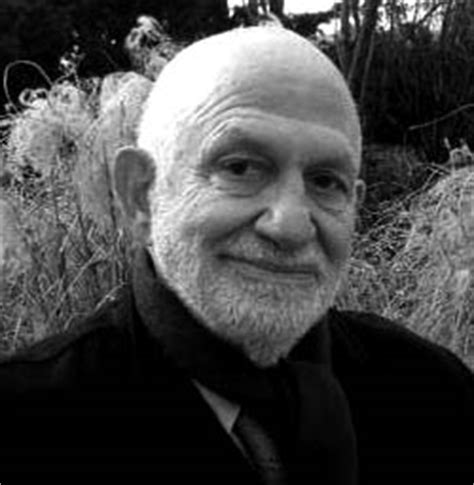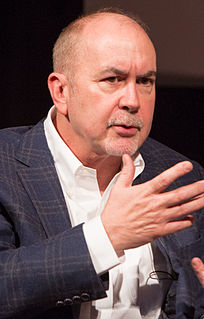A Quote by Wendell Pierce
We always see abhorrent behavior and say why, but then we get mad when somebody tries to answer. Just to answer the question why does not say I'm validating behavior. I'm just saying, if we're going to be a student of human behavior, be a true student.
Related Quotes
Science tries to answer the question: "How?" How do cells act in the body? How do you design an airplane that will fly faster thansound? How is a molecule of insulin constructed? Religion, by contrast, tries to answer the question: "Why?" Why was man created? Why ought I to tell the truth? Why must there be sorrow or pain or death? Science attempts to analyze how things and people and animals behave; it has no concern whether this behavior is good or bad, is purposeful or not. But religion is precisely the quest for such answers: whether an act is right or wrong, good or bad, and why.
True doctrine, understood, changes attitudes and behavior. The study of the doctrines of the gospel will improve behavior quicker than a study of behavior will improve behavior. Preoccupation with unworthy behavior can lead to unworthy behavior. That is why we stress so forcefully the study of the doctrines of the gospel.
I've heard plenty of Christians try to answer the why question by going back to the what. "You have to believe because Jesus is the Son of God." But that's answering the why with more what. Increasingly we live in a time in which you can't avoid the why question. Just giving the what (for example, a vivid gospel presentation) worked in the days when the cultural institutions created an environment in which Christianity just felt true or at least honorable. But in a post-Christendom society, in the marketplace of ideas, you have to explain why this is true, or people will just dismiss it.
Just wait and see this stuff play out as it does. But if, for example, why would he say some human activity linked to climate change when he has gone on record as saying that he doesn't believe it and we're gonna get people out of the EPA who do and we're gonna stop playing games with this. Why would he say it? [Donald Trump] wants to build a bridge with the opposition. This is why you don't see me at Trump Tower going up and down the elevators.



































